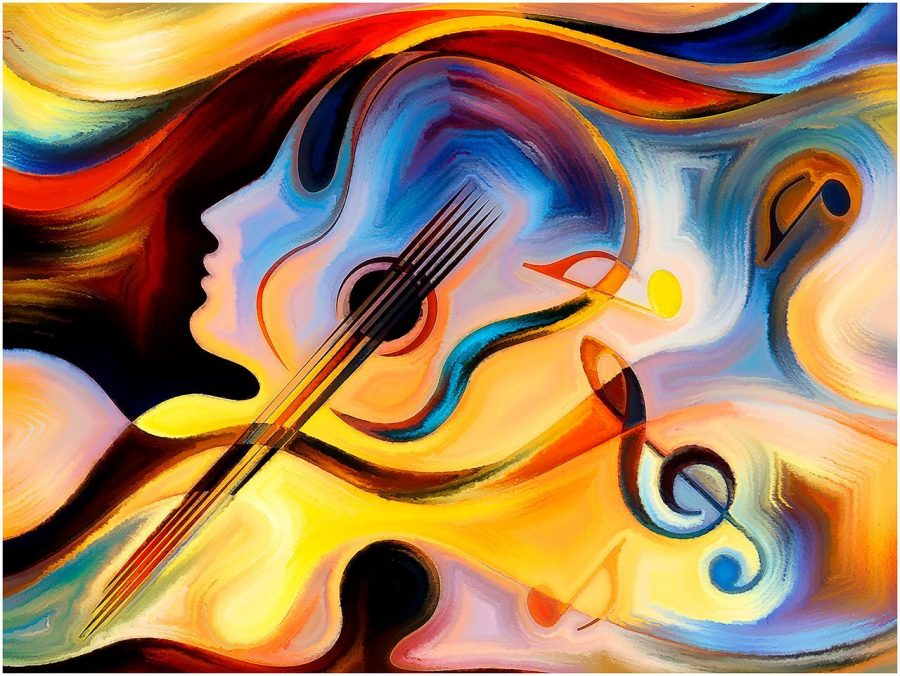Music: Myth or Medicine?
Music has been a part of human culture for tens of thousands of years – not only as a means to communicate and unite people, but also as a way to heal. The ancient philosophers Aristotle and Plato believed that music could heal not only the mind, but also the body and the spirit, and Confucius once stated that, “Music produces a kind of pleasure that human nature cannot do without.” This raises the question – does music possess any significant healing qualities, or is it merely a pleasant distraction to which humans have become accustomed?
The Spanish organisation ‘Music to Awaken’, would argue that it certainly offers great promise in the field of music therapy for patients suffering from neurological diseases such as Alzheimer’s and dementia. A key example of music’s ability to recall and strengthen memory was showcased by a viral video in 2019, which showed the Alzheimer’s patient and former prima ballerina, Marta Saldaña, beginning to dance to the famous Tchaikovsky’s Swan Lake, despite not having taken to the stage for decades. This may be considered a miracle, but the science behind music and this branch of therapy indicates that it may well become widely used in the future.
The concept of listening to a favourite song in order to boost one’s mood is widely accepted, and few individuals have probably ever wondered why it is so effective. The answer lies in the fact that listening to a favourite song encourages the production of dopamine, a chemical released in the brain in response to a reward, which causes the feeling of pleasure or happiness. The McGill University in Montreal showed that listening to music can increase dopamine levels by up to 9%, proving its ability to act as a mood-boosting stimulant. Music can not only boost the feelings of happiness, but it is also proven to help calm anxiety and reduce stress, both of which are serious issues within modern society. The amount of cortisol, which is considered the ‘stress hormone’, in one’s body can be reduced by listening to slow, rhythmic music, thus lowering heart rate and blood pressure to create a sense of calmness. Research is constantly being conducted on the impact that music has on brain waves, and its ability to replicate the effects of meditation. The calming nature of music has also been found to stabilize and improve sleep patterns, which would certainly explain why you might yawn at the idea of another Mozart concerto.
As stated by the famous singer Bob Marley, “One good thing about music, when it hits you, you feel no pain”. This may seem purely figurative, but research conducted in 2014 on music’s influence on patients suffering from fibromyalgia (an illness which causes widespread muscular and skeletal pain), showed that listening to their choice of music not only reduced their discomfort during and after their procedures, but also encouraged an increase in functional movement. This research is linked to the phenomenon known as “runner’s high”, in which exercise encourages the body’s production of endorphins, thus creating a euphoric state in which less pain is felt.
Music therapy itself has existed since the early 1800’s, and in 1998 the American Music Therapy Association was established, with certified practitioners in this evolving field of study. Its success in treating patients with high levels of anxiety, depression and Autism is remarkable, with more than a million patients undergoing music therapy treatment since 2010.
So, whether you enjoy timeless regal classics, grand opera, up-beat modern pop or the swaying rhythms of smooth jazz, it turns out that music could be the new mood-shifting wonder medicine of the coming centuries, with common side effects including sudden outbursts of happiness, subconscious humming, and the occasional persistence of catchy melodies.













